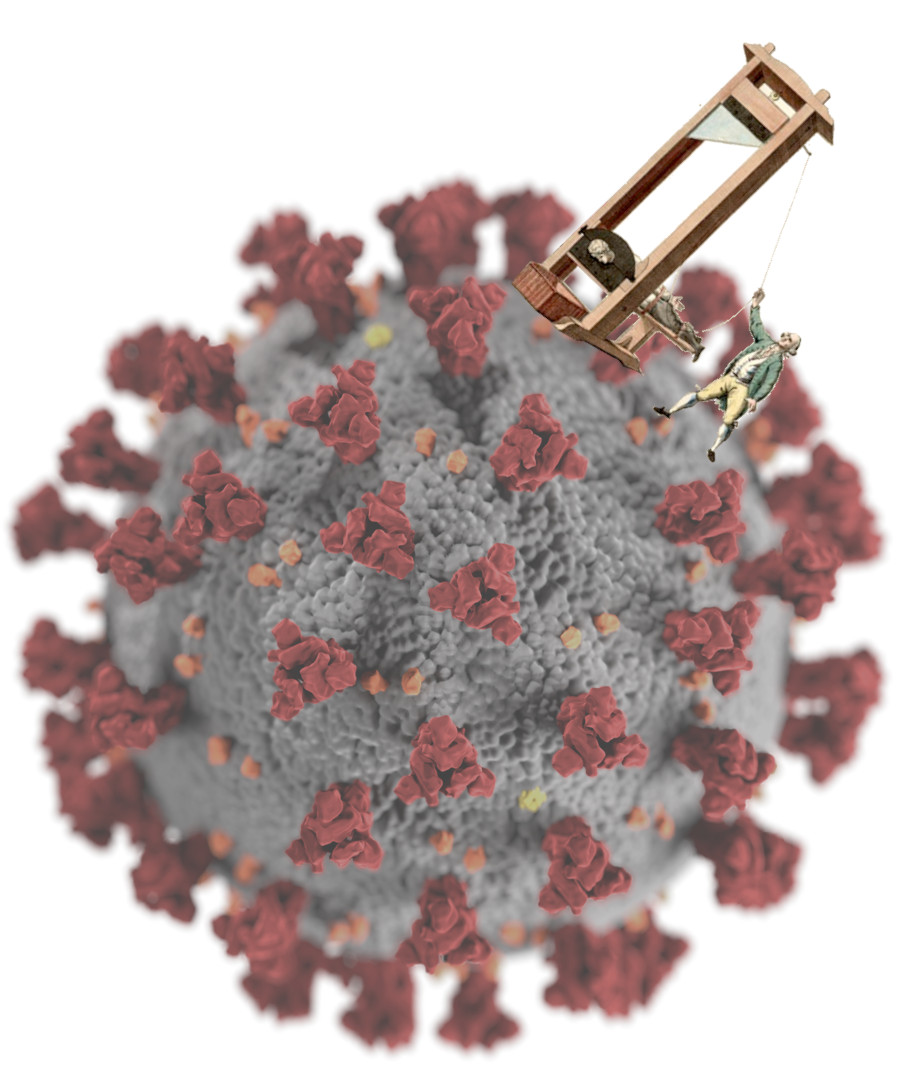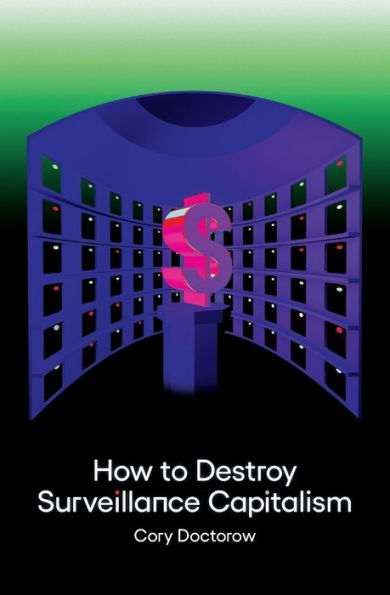
Donald’s Happy Birthday (1949) adventurelandia.tumblr.com/post/641246246…
Donald’s Happy Birthday (1949) adventurelandia.tumblr.com/post/641246246…
Donald’s Happy Birthday (1949) adventurelandia.tumblr.com/post/641246246…
Donald’s Happy Birthday (1949) adventurelandia.tumblr.com/post/641246246…
Donald’s Happy Birthday (1949) adventurelandia.tumblr.com/post/641246246…
Donald’s Happy Birthday (1949) adventurelandia.tumblr.com/post/641246246…
• • •
Missing some Tweet in this thread? You can try to
force a refresh









